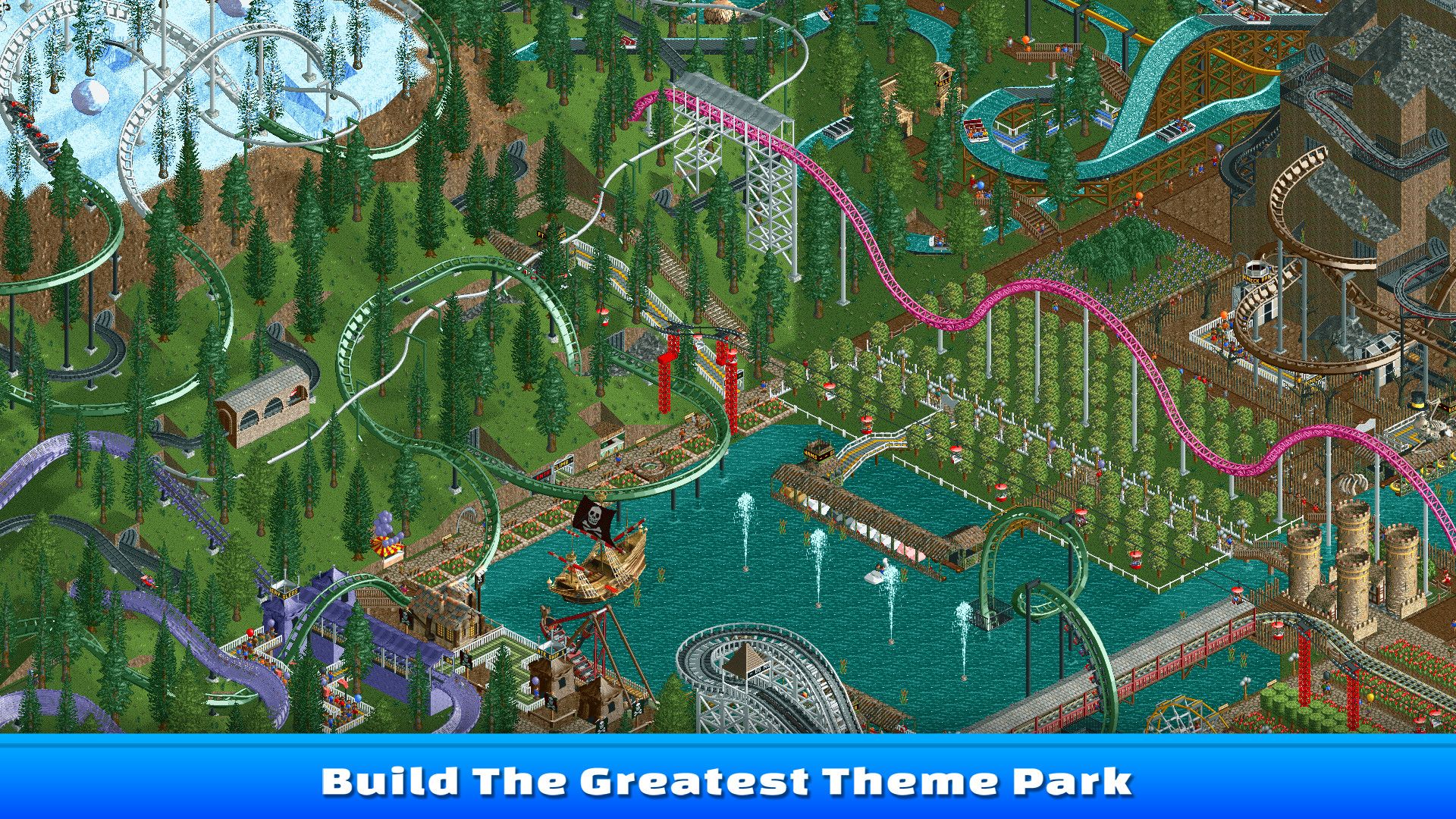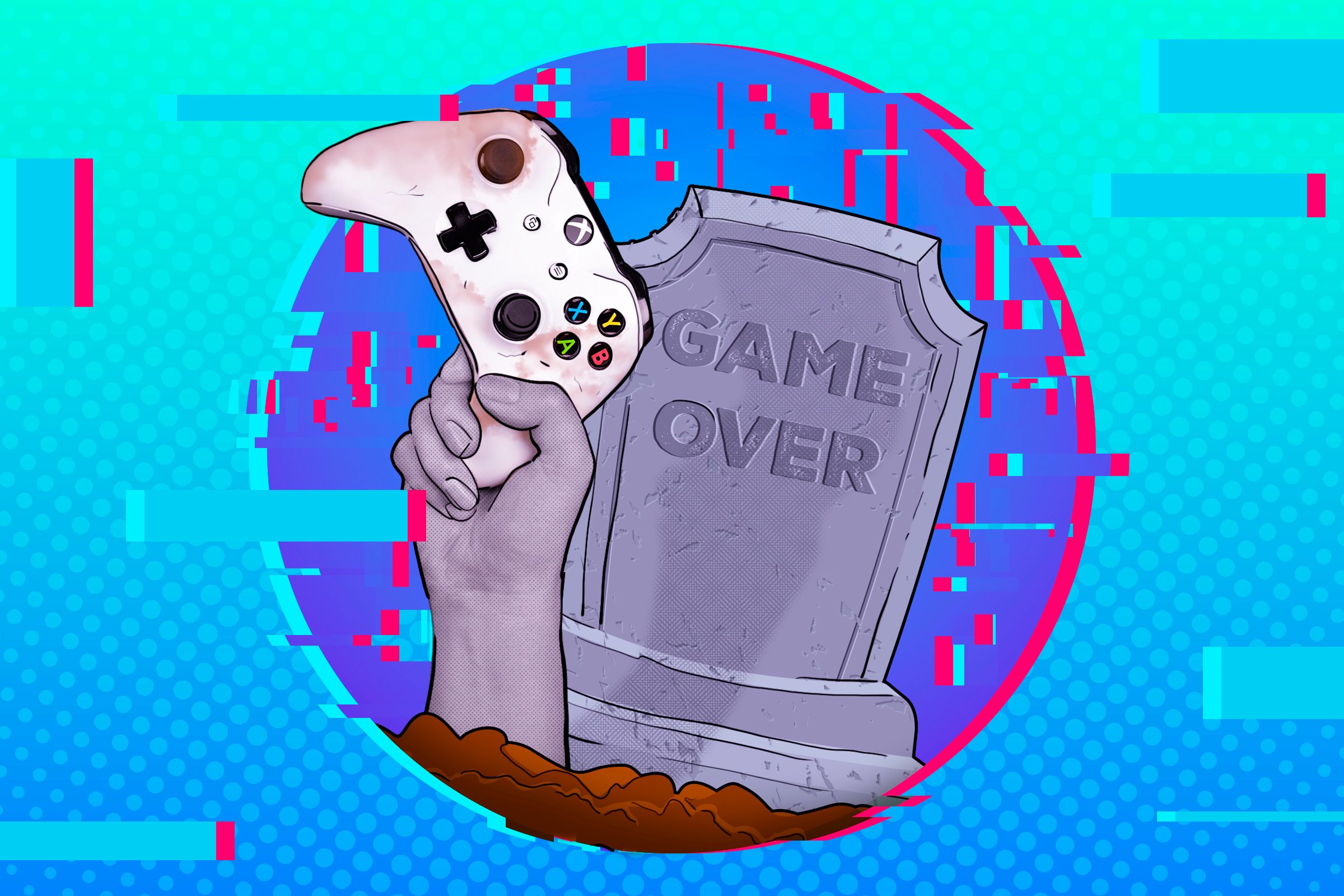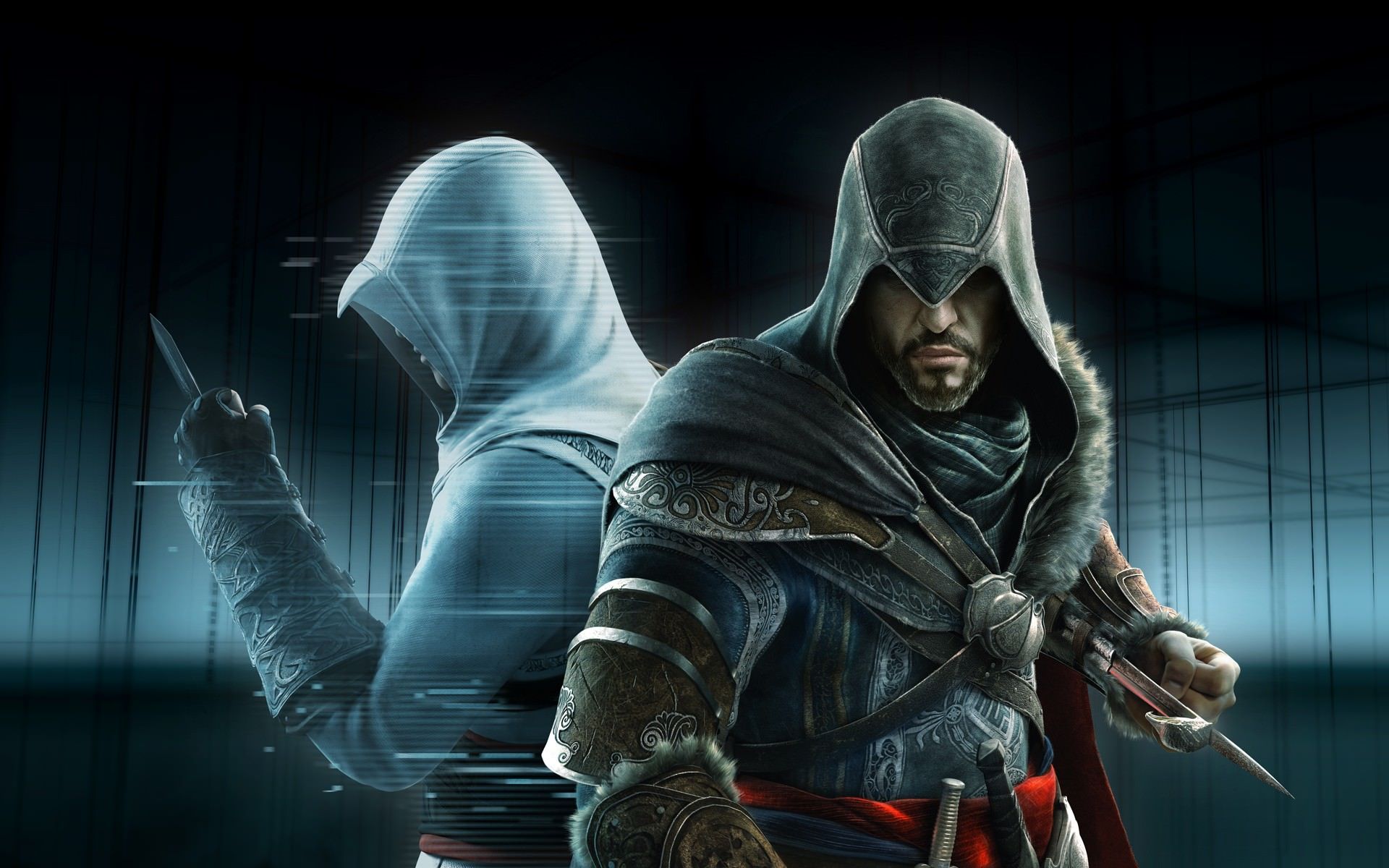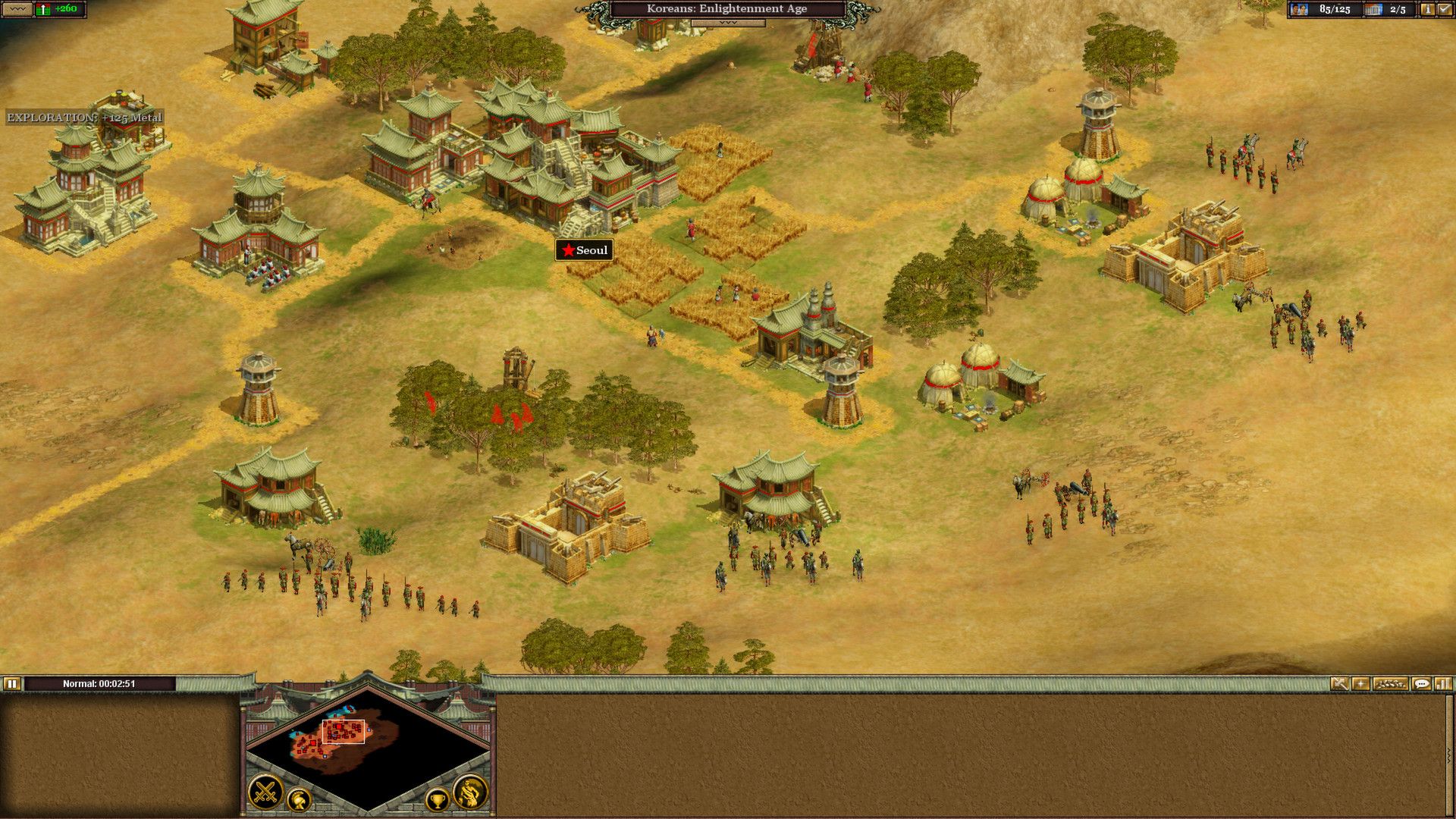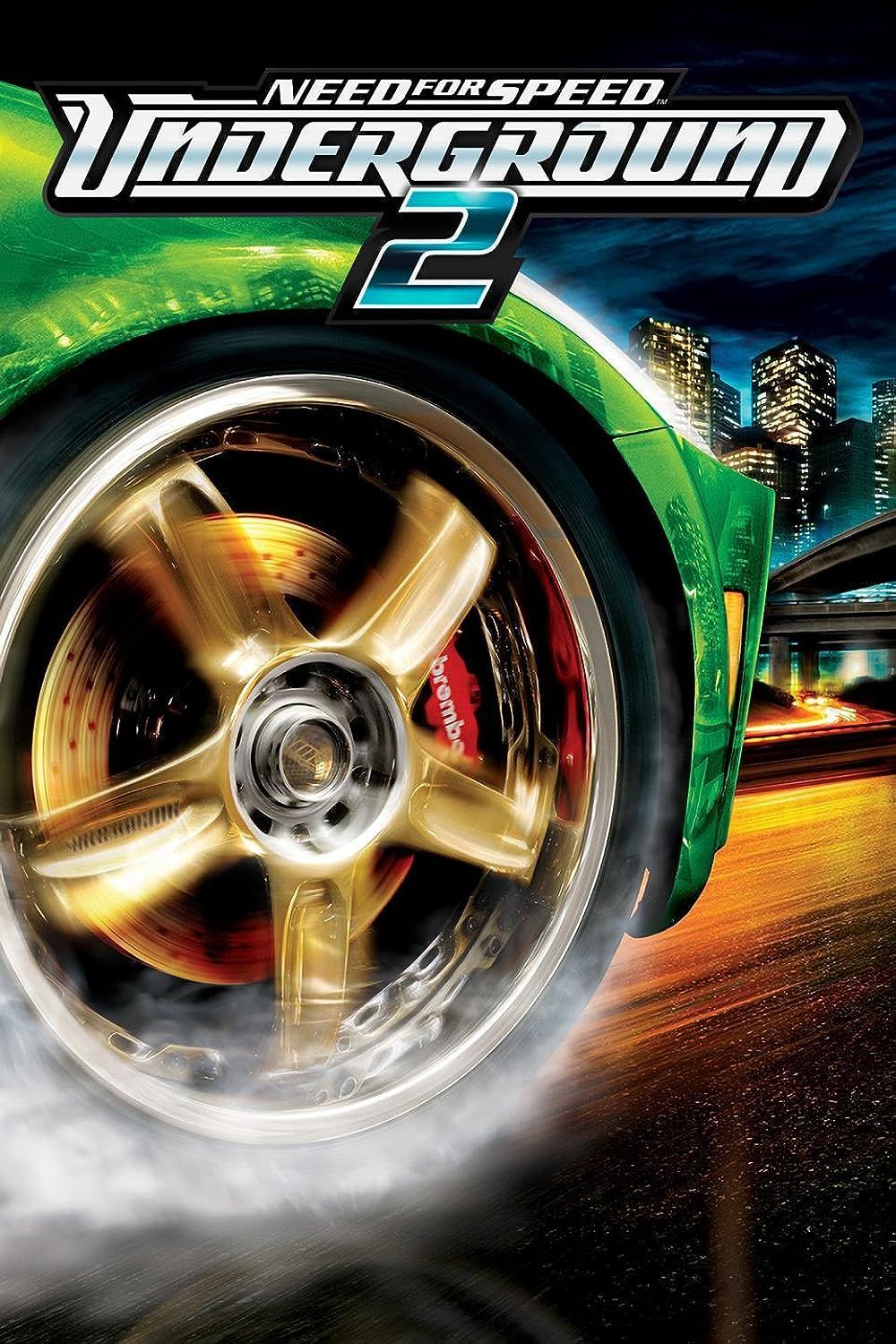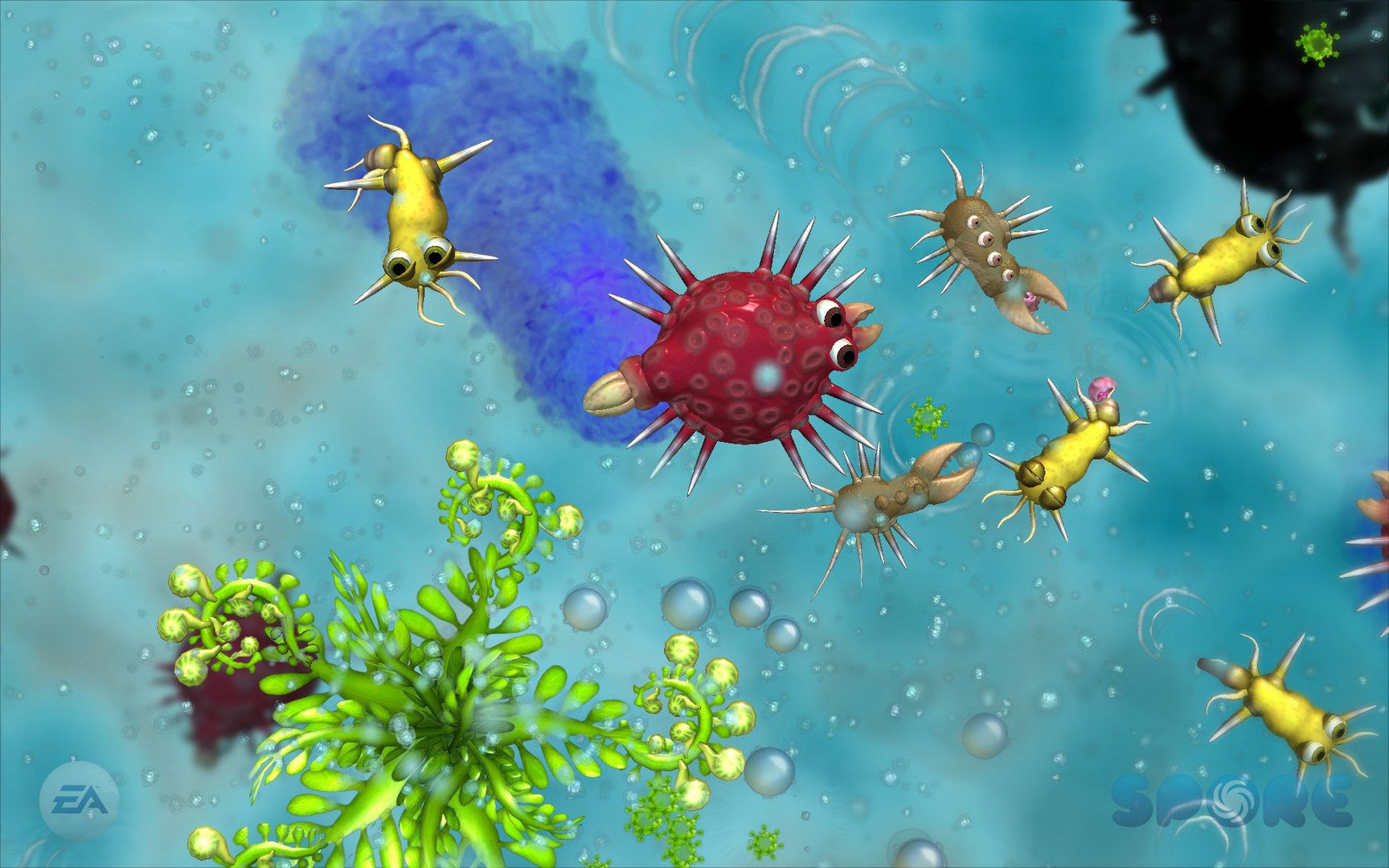When non-gamers think about video games, they often see them as a fun pastime rather than a source of knowledge and education. While this is true for some titles, I’ve found that video games have taught me a surprising amount about life.
Formal education is still important, and I was a good student who did my homework on time. Still, some video games went well beyond entertainment—they taught me valuable life lessons and sparked my curiosity about subjects like chemistry, history, and geography. They made me want to learn more on my own, outside of school. Here’s a list of the games that taught me the most.
9
RollerCoaster Tycoon
The classic RollerCoaster Tycoon was a construction and management simulation game released in 1999 in which you manage the complex business of owning an amusement park. You handle finances, set ticket prices, maintain and clean your park, expand it, and much more—all while keeping your guests happy.
In addition to the later RollerCoaster Tycoon games, which expanded on these systems, the classic sparked my interest in other business simulation games, like Zoo Tycoon and Sid Meier’s Railroads!
But it’s not all about business. A huge part of the game’s appeal is the building aspect that lets you get creative. You can add various attractions and park amenities, such as bumper cars, Ferris wheels, bathrooms, food kiosks, and, most importantly, roller coasters. The game lets your imagination run wild with crazy roller coaster designs—add double loops and sharp turns, or interact with the terrain to create tunnels and go over hills, sections over water, and more.
8
Club Penguin
Club Penguin was the quintessential online game of my childhood and was one of the first web browser games I ever played. Despite being a multiplayer game at its very core, Club Penguin didn’t suffer from major toxicity issues—it was the kind of game parents would actually recommend to other parents.
Instead of an open chat filled with toxic players, Club Penguin used a safe chat system with pre-written messages and non-verbal signs. As a kid, I learned to communicate with strangers and friends effectively, despite the limited verbal interaction. The system didn’t take away from the fun of role-playing, events, or socializing; instead, it taught me to respect rules and have fun within boundaries.
The social aspect wasn’t the only thing that I learned from, though. Club Penguin also had a basic in-game economy, so if I wanted a cool item, I had to be patient and gradually earn coins until I could afford it. At the same time, I had to take care of my igloo and my pet puffle, so it was a delicate balance of spending and responsibility.
Unfortunately, you can’t play Club Penguin anymore, at least not in its original state. Since its shutdown, numerous clones have popped up to preserve the game’s rich legacy, such as Club Penguin Legacy.
7
The Sims
You’ve probably played or at least heard of The Sims, but if not, it’s a life simulation game. It’s packed with valuable life lessons. Interestingly, I played all the mainline The Sims games at different stages of my life, and each offered a unique takeaway. For now, let’s focus on The Sims 2 because that’s what I played the most.
One of the most valuable lessons The Sims 2 taught me was resource management, much like RollerCoaster Tycoon, but within the context of a household. I had to keep my Sims family happy by balancing between their hunger, sleep, hygiene, career, and social life, a tricky but rewarding task.
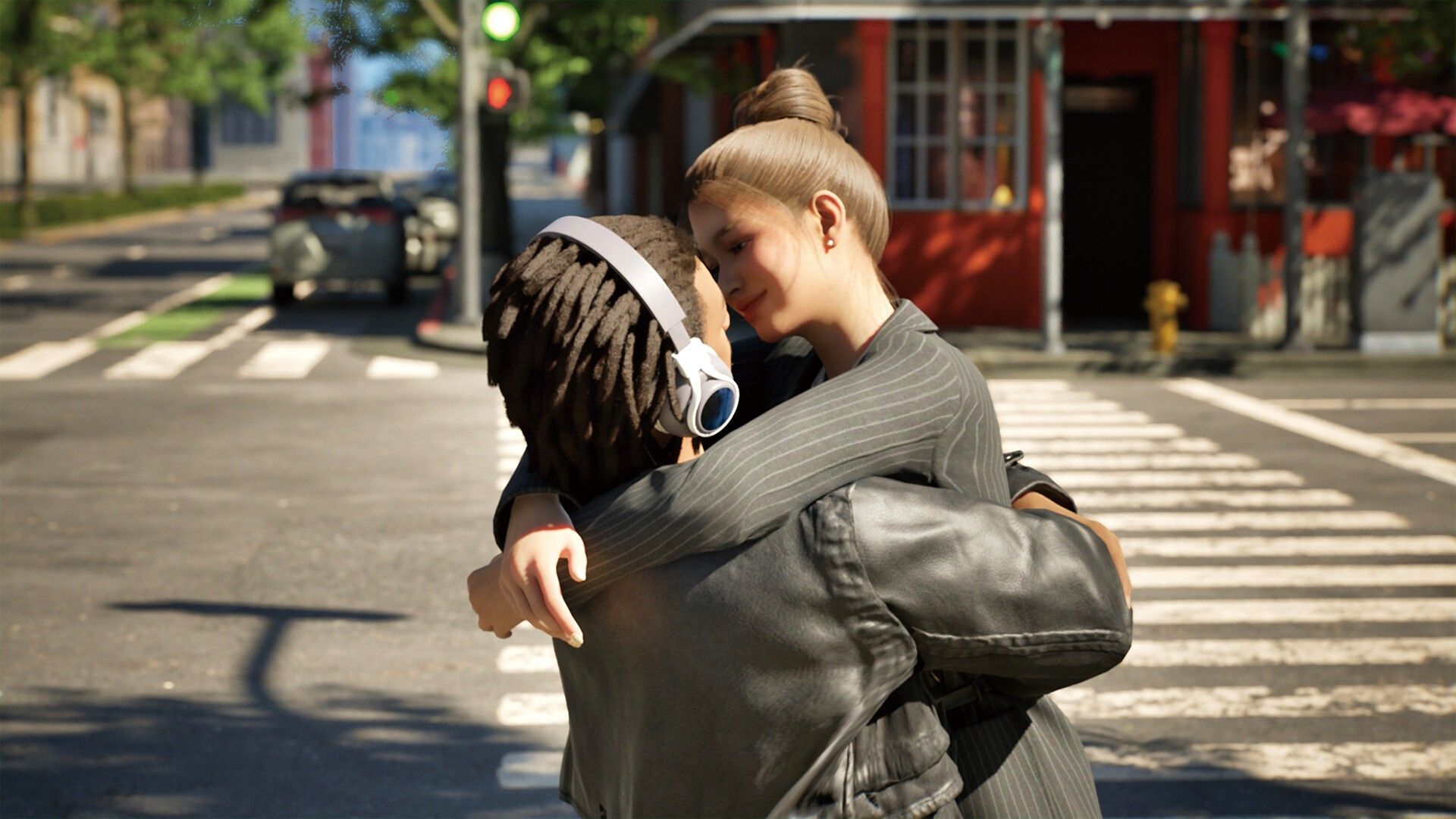
Related
Disappointed That The Sims 5 Isn’t Happening? InZOI is the Game You’re Looking For
InZOI feels like the spiritual successor to The Sims series.
I usually created my own Sims, but I also loved playing the pre-made families since they came with interesting stories and a premise to base my gameplay on. Were they wealthy business tycoons? I’d try my best to squeeze every last simoleon out of them. Were they struggling, working-class Sims? I’d turn their lives around with a rags-to-riches story.
Another key aspect of The Sims games was building and maintaining a functional, beautiful home. I had endless fun experimenting with crazy house designs that would impress my guests.
6
Assassin’s Creed
Assassin’s Creed is a long-running franchise known for its highly detailed and relatively accurate portrayals of major historical events across diverse cultures and locations. Whether it’s Ptolemaic Egypt in Assassin’s Creed Origins, the American Revolution in Assassin’s Creed III, or the Italian Renaissance in Assassin’s Creed II, the series offers a very rich exploration of the past.
Although the games aren’t completely accurate, they still do an impressive job of bringing history to life, which inspired me to read and learn more about the events and locations depicted in the games.
The games leading up to and including Assassin’s Creed IV Black Flag were a huge part of my childhood, but if I had to pick just one standout, it would be Assassin’s Creed Revelations. The game featured a highly detailed and realistic rendition of Constantinople (modern-day Istanbul), a city I’ve visited multiple times, and I can confirm that Revelations‘ atmosphere and architecture are on point.
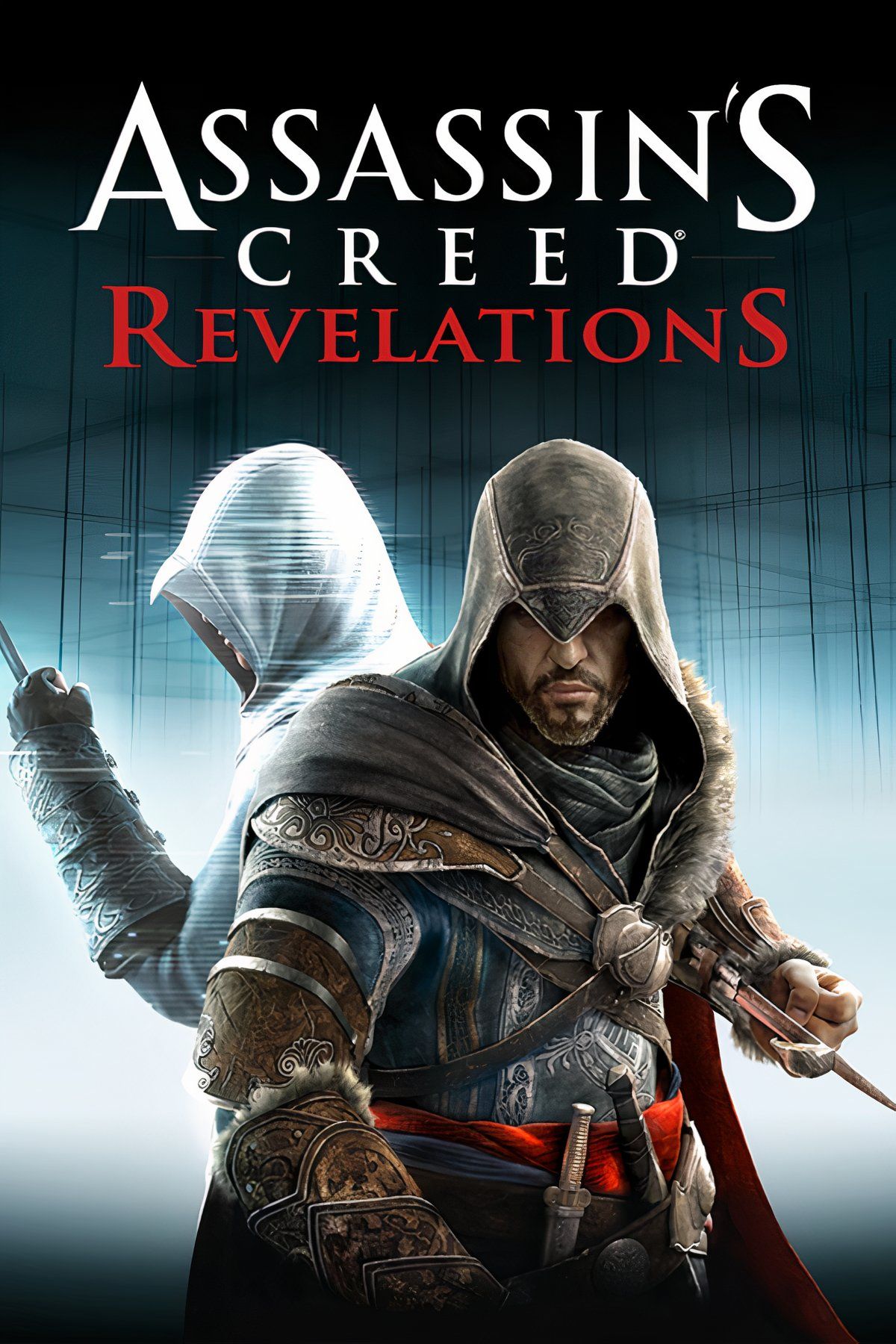
Assassin’s Creed Revelations
Assassin’s Creed: Revelations is the third act of the Ezio Trilogy and concludes the characters’ arc. Players control an older and wiser Ezio around Constantinople as he uses his Assassin training to navigate Templar dangers.
I was especially struck by the ability to cross the Bosphorus Strait—something I eventually experienced in real life, a full decade after playing the game. As if Constantinople wasn’t vast enough, Revelations also included a fictional underground city in Turkey’s historic Cappadocia region, which sparked my interest in learning about the real underground cities across the country.
5
Rise of Nations
Rise of Nations wasn’t the most historically accurate real-time strategy game, but it was one of the most fun and unique. The game had eight ages that your civilization of choice would go through, from the Ancient Age all the way to the Information Age.
The game provided a fantastic high-level overview of how civilizations evolved from agricultural farming all the way to tanks and jet fighters. I was fascinated by this sense of progress more than the actual combat, so I’d try to speedrun to the Information Age every time.
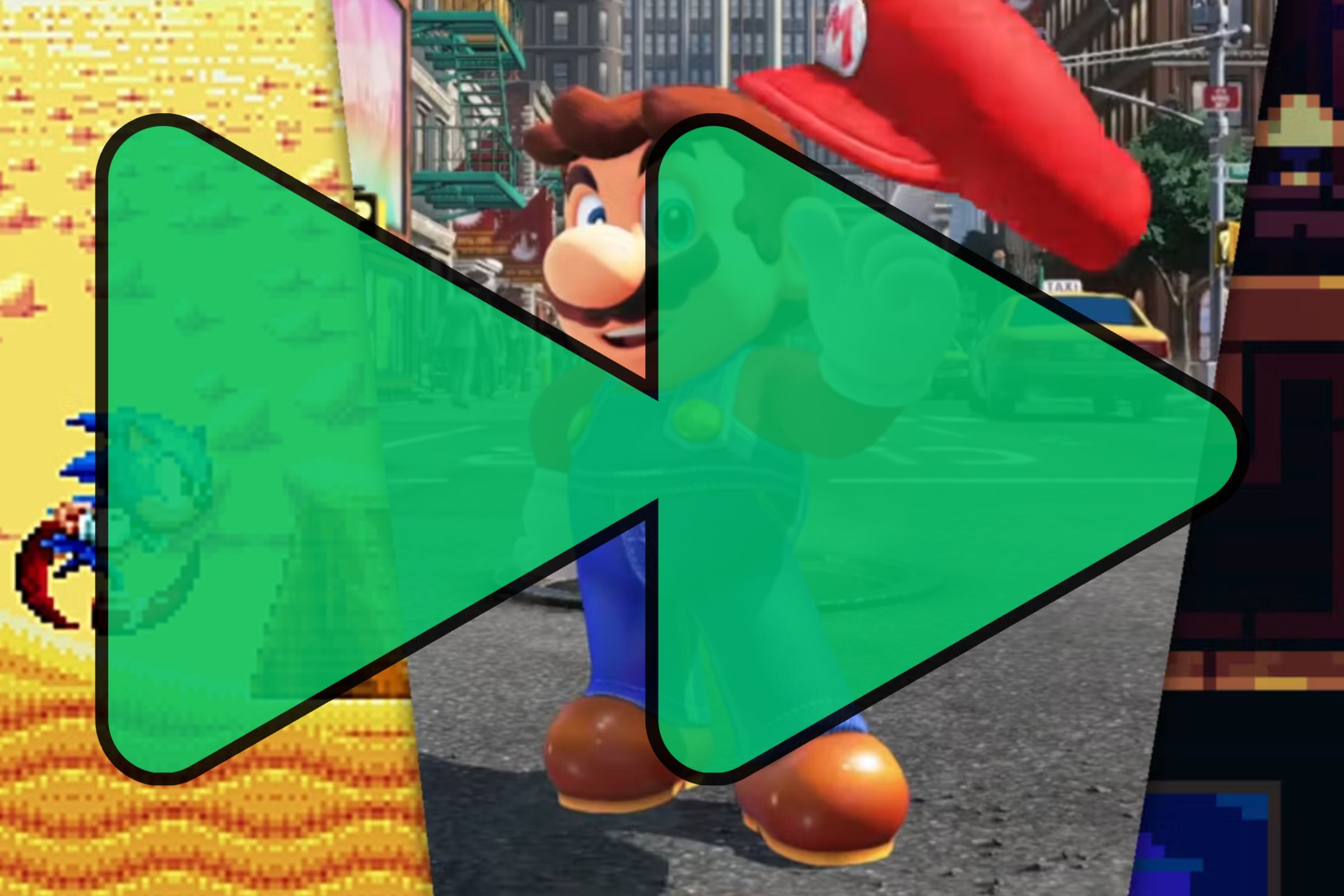
Related
How Watching Speedrunners Made Me Better at Playing Games
Take some cues from the best in the business to improve your technique.
The game also had numerous wonders that you could build to unlock various bonuses. Wonders like the Eiffel Tower, the Colossus, the Taj Mahal, and Versailles sparked my curiosity and made me want to learn more about their historical significance and the impact they had on the nations they represent.
In the more general sense, all strategy games are fantastic at teaching you to make well-informed decisions. Playing these games helps you develop important life skills, such as multitasking, resource management, strategic planning, and tactical decision-making.
I’d like to give a special shoutout to other amazing strategy games from my childhood, namely Warcraft III, Age of Empires, Crusader Kings, and Europa Universalis III, a game I was probably too young to fully understand.
4
Need for Speed: Underground 2
Racing games can teach you a lot about cars and racing. If I only had to pick one game, it would be Need for Speed: Underground 2. With its variety of different cars, racing modes, performance parts, advanced tuning, and visual customization, it deepened my understanding of cars and made me fall in love with car culture.
One of the coolest features was getting called up by a magazine for a photoshoot, which could earn you a lot of money or unlock special parts. This gave me insight into how tuners can monetize their passion in real life.
Additionally, Underground 2 was a challenging game. You had to regularly upgrade or swap cars to progress. I remember one playthrough where I focused purely on visuals, only to hit a wall when my riced-out car was too slow to win races, so I had to start over. This experience made me appreciate performance upgrades over aesthetics, a mindset that I now carry with real cars.
3
Spore
Spore is a game about evolution, so it’s no surprise that its educational value is through the roof. You start as a single cell, evolve into a creature, form a tribe, build a civilization, and eventually explore space. The game illustrates evolution in a way that makes it fun and engaging. It also showcases predator-prey relationships, species cooperation, food gathering, and many other factors that influence a species’ survival.
One of the coolest aspects of Spore is that you create your own species. You can completely customize its appearance, including the type and number of limbs and other organs, which have different stats that influence gameplay. For example, you can choose from a variety of herbivorous, carnivorous, or omnivorous mouths, each with unique biting abilities.
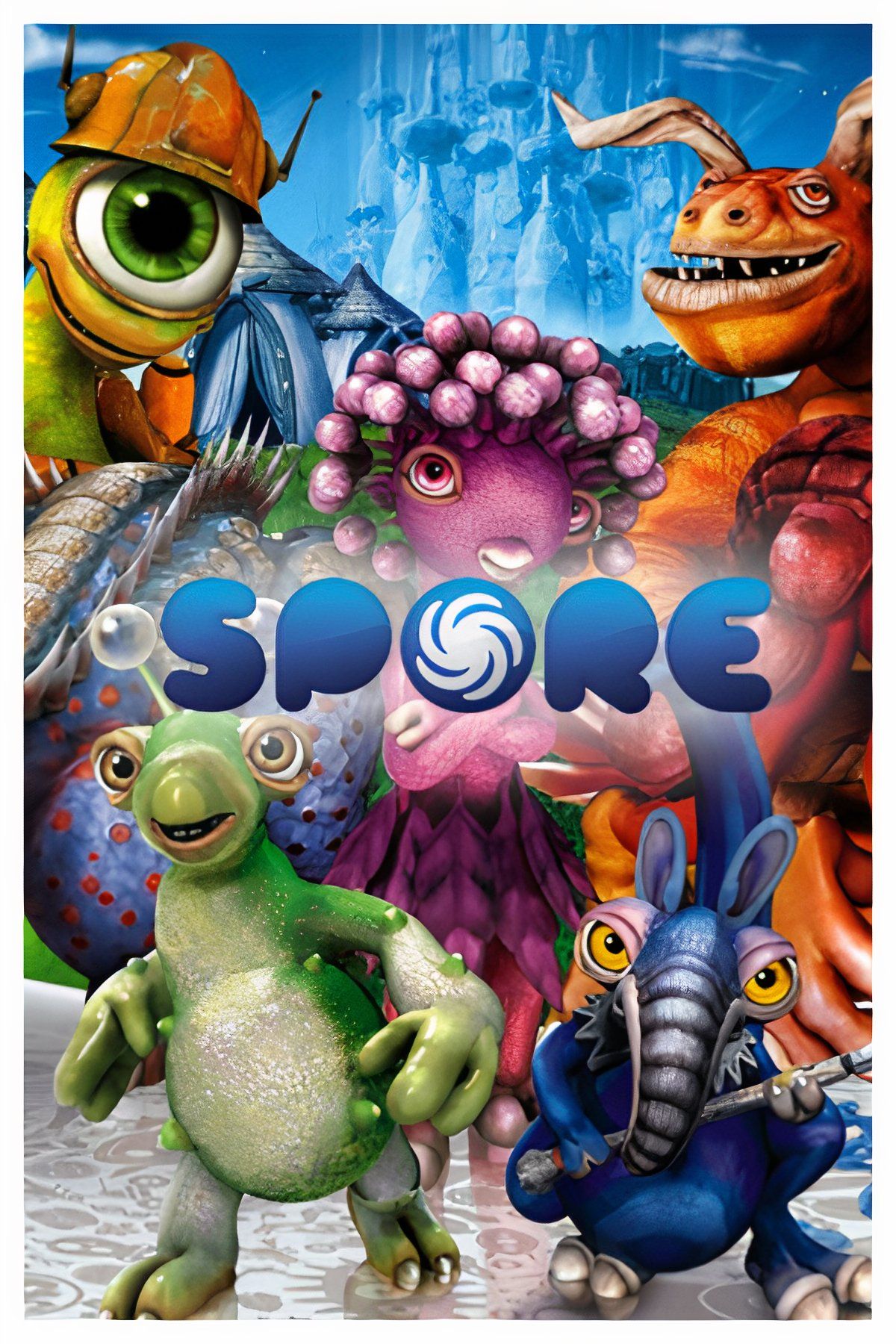
Spore
Spore is a life simulation game that had a tremendous amount of hype and expectation in the build-up to its release.
The game lets gamers play the role of god and create new species. Players can then watch these species develop and grow into intelligent beings.
2
World of Warcraft
World of Warcraft is an MMORPG that was often made fun of for turning kids into mindless zombies who sit at their computers for 12 hours a day. Although there was a time when that description fit me, this is still one of the games that I learned from the most.
Whether you were a PvP (Player versus Player) or PvE (Player versus Environment) player, you had to grind a lot to get the best gear and gain an edge over other players. For better or worse, the game ingrained a grind mindset into me—if I wanted something badly, I had to work diligently to get it.
Another responsibility was PvP arenas, where I had to coordinate with my partner to be online at the same time. More importantly, we had to come up with the best strategy on the spot to defeat the enemy team and climb the ranks.
This was especially true in raids, where 10, 25, or even 40 players all had to come online simultaneously and work through a lengthy dungeon filled with challenging boss fights. Raids typically had a leader who’d coordinate everything, and parties were largely formed within guilds, communities of several hundred players. Raids could sometimes span multiple days, meaning all the same players had to be online at the same time to continue progressing.
1
Minecraft
Minecraft is one of the best games of all time, and it also happens to be one of the most educational. This wonderful, blocky game is an artistic representation of our world that allows players to get super creative. You can play it alone or with friends, build almost anything and everything, create complex mechanical contraptions using redstone, combine materials to craft other items like tools and blocks, and so much more.
Mining is also in the game’s name, and it’s certainly a huge part of it. You explore caves, mine for resources like iron and gold ores, which you later smelt to turn into ingots. As a kid, I also played a heavily modded version of Minecraft called “Feed the Beast,” which expanded on these elements by introducing a host of new features, including new metals and alloys like bronze, which I’d make from copper and tin. It was a great way to complement the theoretical knowledge of chemistry I acquired at school.
Survival is another important gameplay mechanic. It forces you to gather or grow your own crops, hunt or tame and breed animals, and even sleep at night to survive the zombies.
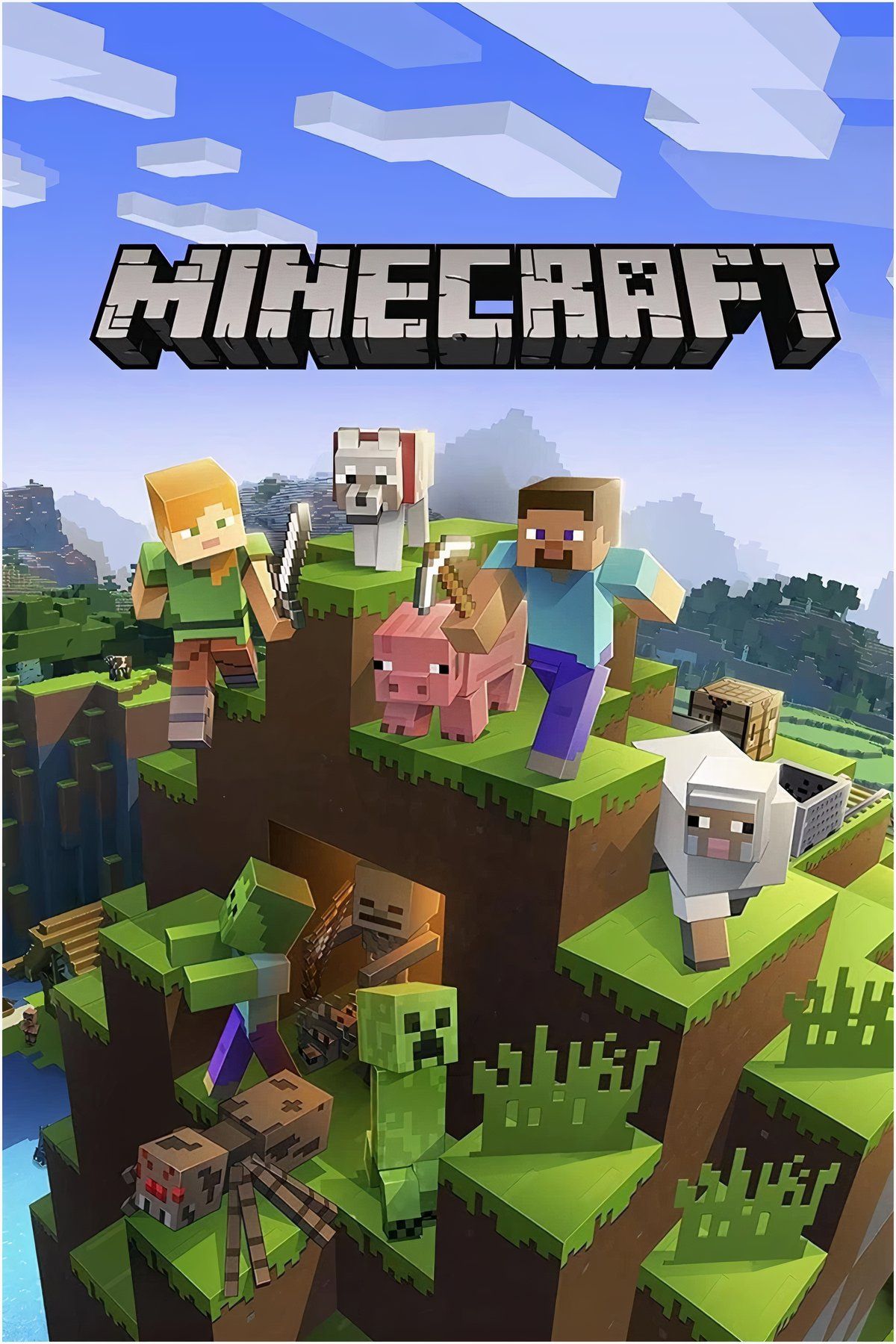
Minecraft
Minecraft is a sandbox game where you can build, explore, and create at your own pace. Whether you’re crafting masterpieces, battling creatures, or simply exploring, the world is yours to shape and enjoy, with endless possibilities for solo or community play.
While games are primarily designed to be a fun source of entertainment for kids and adults alike, they can also provide valuable real-world knowledge. If you’re a parent, be thoughtful about the games your children play and set reasonable time limits. You might be amazed by how much they can learn from them—I know I did.


